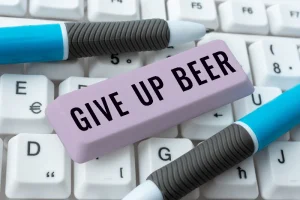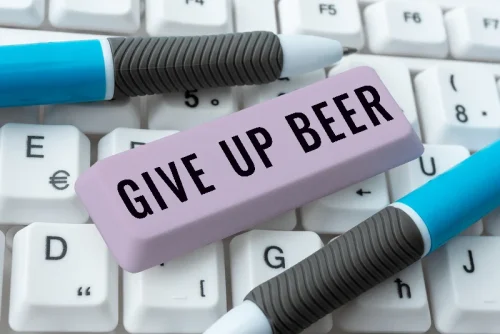
For my 5pm drinks ice cubes are a must, as is sliced lemon. I also travel with my own tea bags so I can make sure I have my favourite hot drinks in the mornings and evenings. 1) I tell myself to CHILL THE FUCK OUT about other people drinking and don’t let my thoughts start endlessly looping about how hard it can be to be around people whose brains are under the influence. Since I’ve got sober I’ve had varying success at navigating my way through this Easter weekend. One year I felt shiny, sparkly-sober, newly-slim & invincible! One year I took every single alcoholic beverage consumed by another person as a personal slap in the face and raged at the situation privately in my room (with a pen and paper).
Health
- Additionally, forming new friendships can be a result of dedicating time previously spent on drinking to other activities 2.
- MHA Screening is an educational program intended to help inform people about options they have in getting help for mental health issues.
- If PAWS is severe or if you’re experiencing prolonged symptoms, a medical professional can help you work through them and remain in recovery without relapse.
- A lapse is a brief return to drinking or using drugs, but the individual quickly stops again.
Focus on the positive aspects of socializing without alcohol, such as clear-mindedness, better sleep, improved health, and the ability to fully experience and remember moments with friends. Embracing sobriety can lead to a more authentic and fulfilling social life. And if a friend or family member is struggling to control their drinking, there are new ways to access support. Ria Health offers medication for alcohol cravings, recovery coaching, support groups, and other powerful tools through a smartphone app. It’s evidence-based, cost-effective treatment that gets results.

Breaking the Cycle: The Role of Codependency in Substance Abuse
Having a drink in your hand can make social interactions easier. Water is a good option, but you can also try non-alcoholic beverages, like mocktails, which are widely available and often just as interesting and fun as alcoholic options. Joining a support group is an excellent way to find sober friends. Alcoholics Anonymous, for example, has more than 2 million members in the United States, making it one of the most well-known groups for people recovering from addiction. As humans, we tend to surround ourselves with people who share common interests, ideas, and hobbies.
How Do I Stay Sober When All My Friends Drink?

Supportive friends and family members play a crucial role in addiction recovery, offering understanding and respect for the individual’s decision to remain sober. By surrounding themselves with positive influences, recovering alcoholics can https://ecosoberhouse.com/ find encouragement and reinforcement in their commitment to sobriety. Abstinence is essential for recovering alcoholics to reach their goals and maintain their sobriety. By eliminating the temptation of alcohol completely, individuals can focus on their recovery journey without the constant struggle of resisting the urge to drink. This unwavering commitment to sobriety can lead to a more fulfilling life than when they were drinking alcohol, even after quitting drinking.


Hear from real people who have struggled with substance misuse. You must be ready to change in order to find the best treatment program for you. It will help prevent relapse once the formal treatment program ends. As described by the National Institute on Drug Abuse, there is not a one-size-fits-all treatment program for addiction. Therefore, it’s important to ask questions to ensure that the program you want meets all of your needs.
What are the benefits of living a sober life?
- With a few handy tips, you can fully enjoy socializing without feeling like you’re missing out on the fun.
- And while these things might sound serious and scary, it’s important to note that it’s one piece of a larger puzzle.
- Remember that one of the things we’re attempting to do is not only get out there and experience fun activities that don’t involve alcohol but also heal the underlying damage in our brain from drinking.
- One 2020 study found potential benefits of combining in-person and online support methods.
- To avoid relapse and remain sober, it’s important to develop healthy relationships.
- These activities allow you to enjoy nature, engage in physical exercise, and connect with your friends in a meaningful way.
People in recovery can experience a lot of shame simply for having become addicted in the first place. Most people who make their way into recovery have left a lot of pain and suffering in their wake. Feeling guilty or ashamed of past behavior or being sober around drinkers actions during active addiction is natural and healthy. A structured routine will help you achieve other goals in your life, whether they are short-term (like being on time for work) or long-term (like going back to school and changing careers). A therapist can help you learn new coping skills, develop new thinking patterns, and address any co-occurring mental health conditions that may make recovery more difficult. You can learn more about treatment through some of our sobriety stories.
- New common interests with old and new friends can help you stay away from bars and discover all the fun there is in a sober lifestyle.
- If your family and or friends aren’t motivating you to seek help for your substance misuse, make an appointment with a medical or addiction treatment professional.
- But if you can’t or aren’t able to do a group class, at the very least, take a tech-free 30-minute walk every day.
Step 2: Reach Out
Consuming such substitutes can lead to a placebo-drunk-like sensation, ultimately increasing the likelihood of a relapse into alcohol addiction. It’s crucial to be cautious and avoid situations where one might start drinking these substitutes, as they could potentially lead to negative consequences. Attempting to drink alcohol after achieving sobriety can be a dangerous path. When recovering alcoholic starts drinking again, they may struggle to limit themselves to just a few drinks, putting their continuous sobriety and well-being at risk. Be open about your reasons for not drinking if you’re comfortable, as this can help your friends understand your choice.


